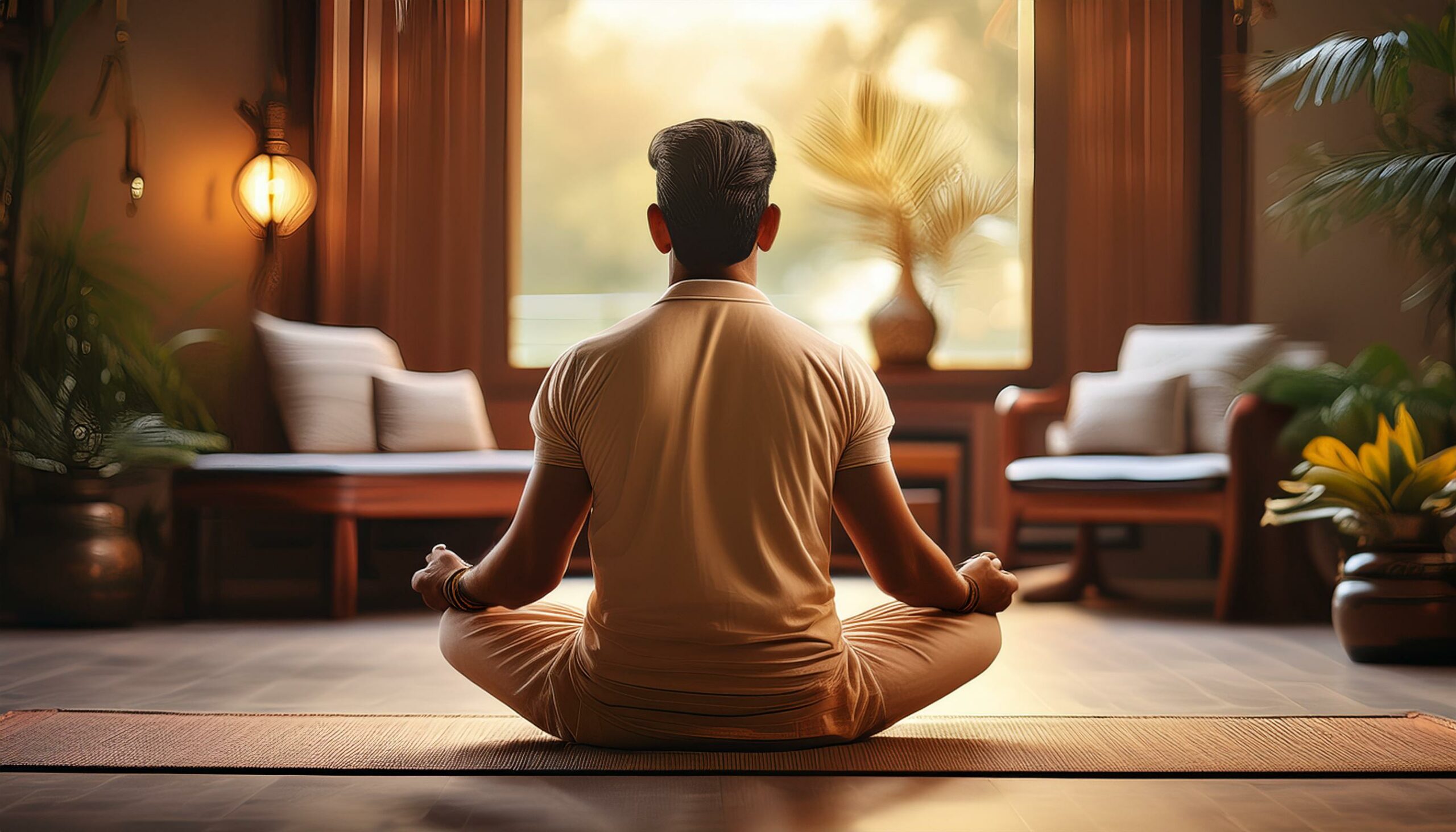In the constant noise and rush of modern life, finding time for solitude and meditation can be a lifeline for mental health. These practices, often overlooked, serve as powerful antidotes to the stress and stimuli that bombard our daily lives. Solitude, the act of being alone without distractions, allows individuals to step back from the chaos, providing space for self-reflection and relaxation. It offers a moment to listen to one’s own thoughts and feelings, fostering self-awareness and emotional regulation. In turn, this can lead to better decision-making, creativity, and a sense of inner peace.
Meditation complements solitude by guiding the mind toward a state of calm and focused attention. Through various techniques, such as mindfulness or focused concentration, meditation trains the brain to achieve clarity and tranquility. It can lower stress levels, reduce anxiety, and improve mood by altering the brain’s response to stress. Regular meditation has been linked to changes in brain regions associated with memory, empathy, and stress regulation, providing tangible benefits to mental well-being.
Moreover, the combination of solitude and meditation can enhance one’s resilience to mental health challenges. It can be a grounding practice, offering a refuge from the fast-paced external world, and a reset button for the mind. By regularly dedicating time to these practices, individuals can cultivate a stronger, more balanced mental state.
While the idea of carving out time for solitude and meditation may seem daunting, even brief periods can be beneficial. Starting with just a few minutes each day can set a foundation for a more consistent and rewarding practice. In recognizing the importance of solitude and meditation for mental health, we open the door to greater self-understanding, emotional stability, and a deeper sense of well-being in our lives.






